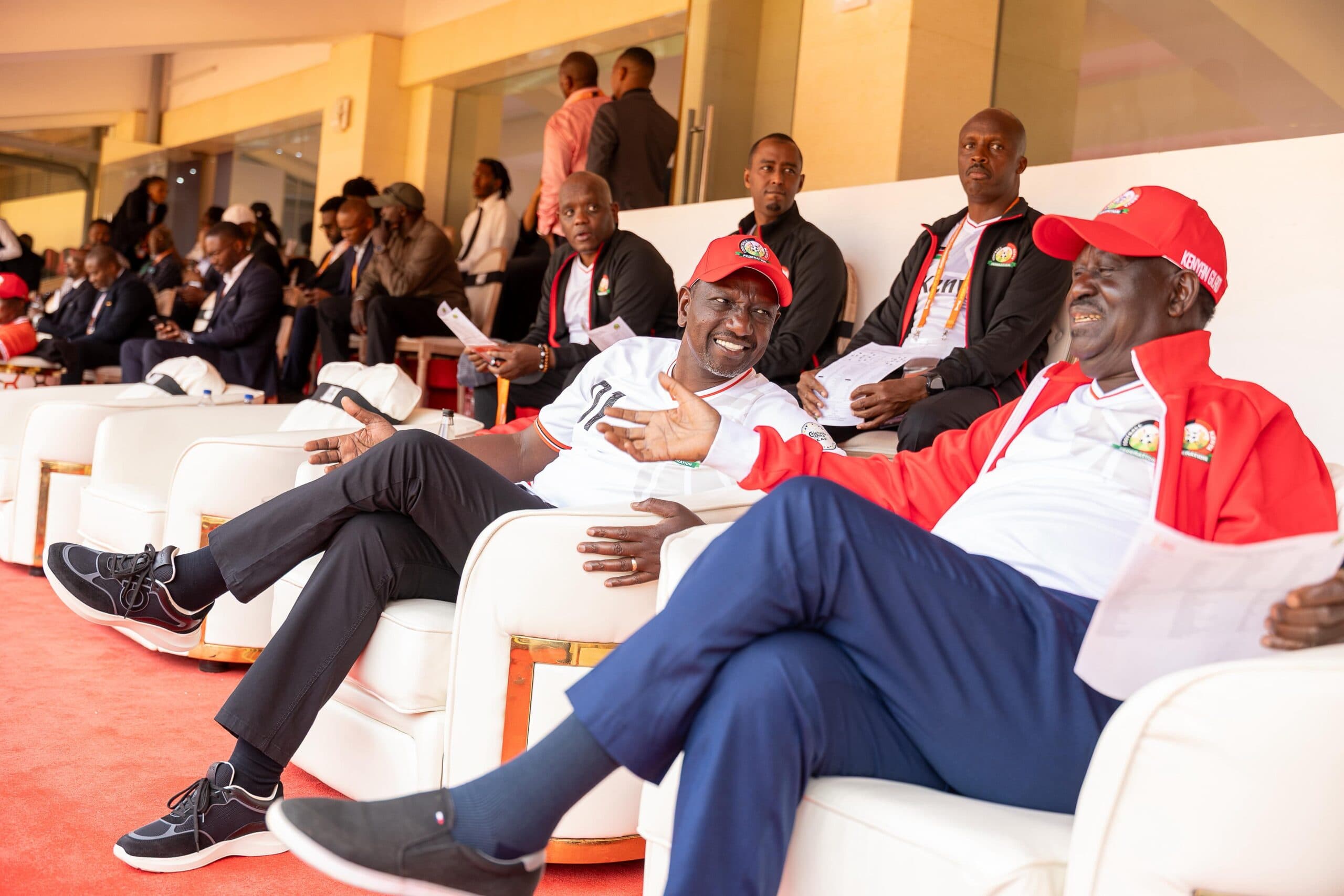We're loading the full news article for you. This includes the article content, images, author information, and related articles.
Nominated MP Jackson said UDA and ODM discussions could lead to referendums and executive reforms, including expanding or parliamentary structures, as part of broader constitutional changes aimed at strengthening governance and devolution

Nairobi, Kenya – United Democratic Alliance (UDA) nominated MP Jackson Kosgei has hinted that ongoing discussions between President William Ruto’s ruling party and the opposition Orange Democratic Movement (ODM)may lead to sweeping constitutional reforms.
Speaking during a radio interview, Kosgei revealed that leaders are considering a range of options – from holding a referendum to restructuring the executive, potentially expanding its composition or transitioning toward a parliamentary system. He argued that the proposals are aimed at strengthening governance and ensuring counties receive adequate resources.
Kosgei noted that the talks draw from recommendations in the National Dialogue Committee (NADCO) report and a 10-point agenda agreed earlier this year. He also acknowledged that some of the proposals mirror aspects of the Building Bridges Initiative (BBI) – a 2020 plan to expand the executive and overhaul electoral and judicial systems, which was later nullified by the courts.
“There is need to rethink how our governance works to make it more inclusive and responsive to counties,” Kosgei said, while stressing that any reforms would follow constitutional procedures and include public participation.
According to the legislator, leaders are weighing amendments to devolution laws, either to strengthen or redefine county governments. This comes amid growing pressure from governors and county assemblies for increased funding and greater autonomy in managing local development priorities.
Analysts say such reforms, if agreed upon, could significantly alter the balance of power between Nairobi and the counties.
The possibility of constitutional change has stirred mixed reactions. Some Kenyans see the talks as a chance to promote inclusivity, stability, and equitable resource sharing. Others remain wary, fearing that reforms could be weaponised to extend political terms or manipulate the 2027 electoral landscape.
Observers argue that the UDA–ODM engagement signals a pragmatic truce between rivals but could also reignite divisions if the reforms appear self-serving. “Kenyans have been down this road before with BBI,” a governance expert noted. “The challenge will be convincing the public that this round of talks is genuinely about national interest.”
All eyes are now on whether the ruling coalition and the opposition can forge consensus on contentious issues such as executive expansion, devolution, and electoral reforms. The outcome could set the stage for a referendum battle that reshapes Kenya’s political and governance framework ahead of the 2027 general election.
Keep the conversation in one place—threads here stay linked to the story and in the forums.
Sign in to start a discussion
Start a conversation about this story and keep it linked here.
Other hot threads
E-sports and Gaming Community in Kenya
Active 9 months ago
The Role of Technology in Modern Agriculture (AgriTech)
Active 9 months ago
Popular Recreational Activities Across Counties
Active 9 months ago
Investing in Youth Sports Development Programs
Active 9 months ago